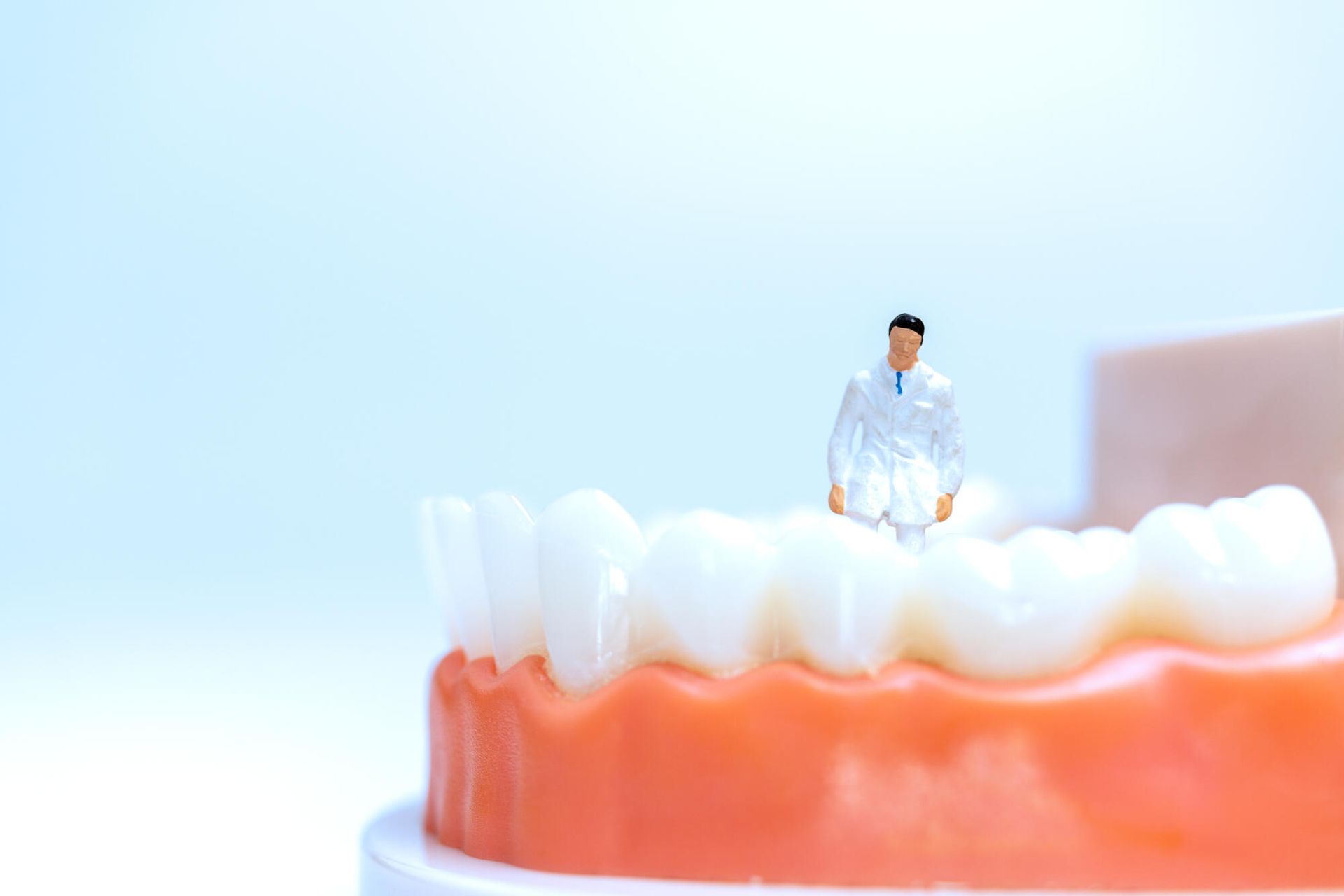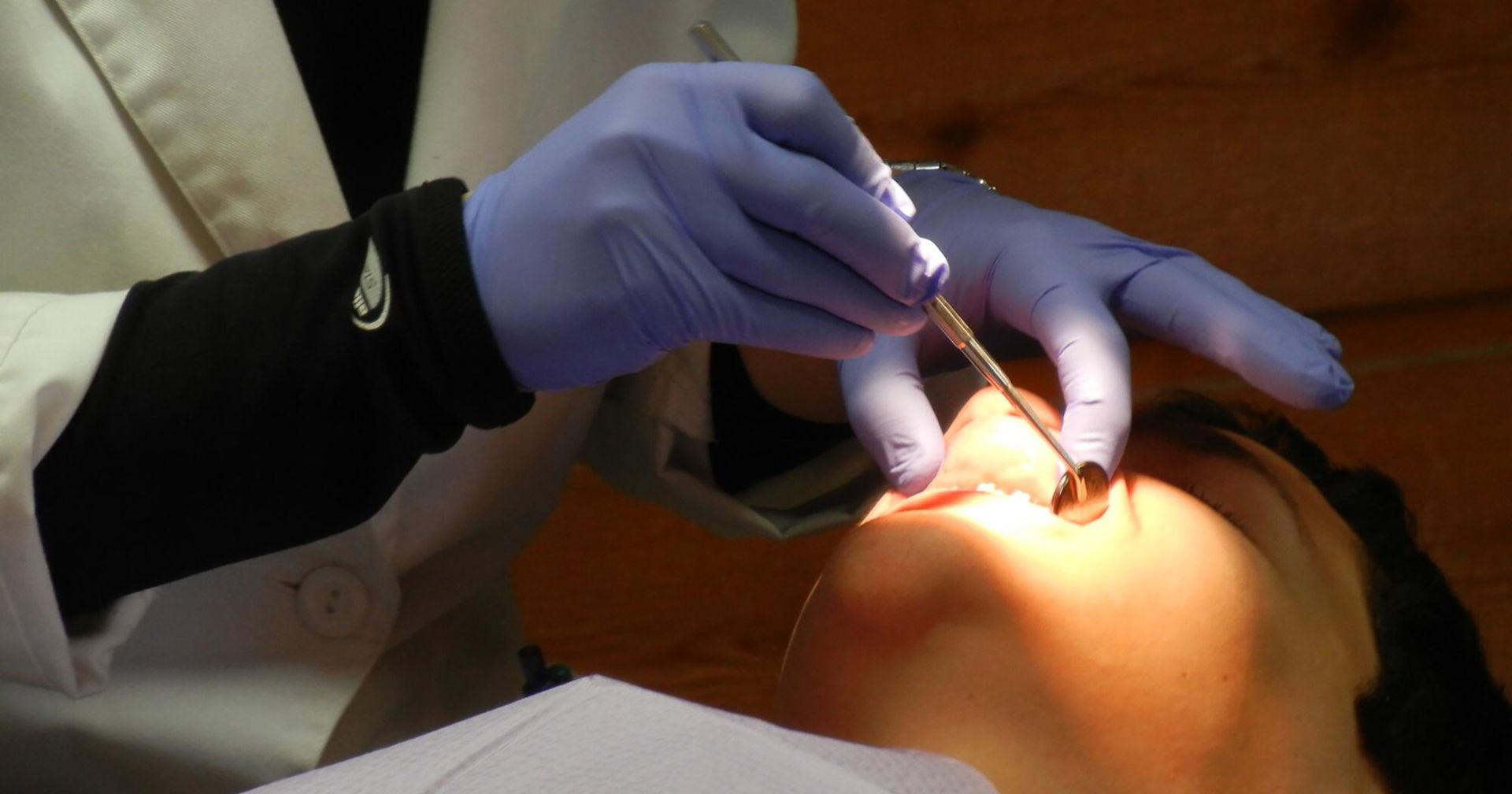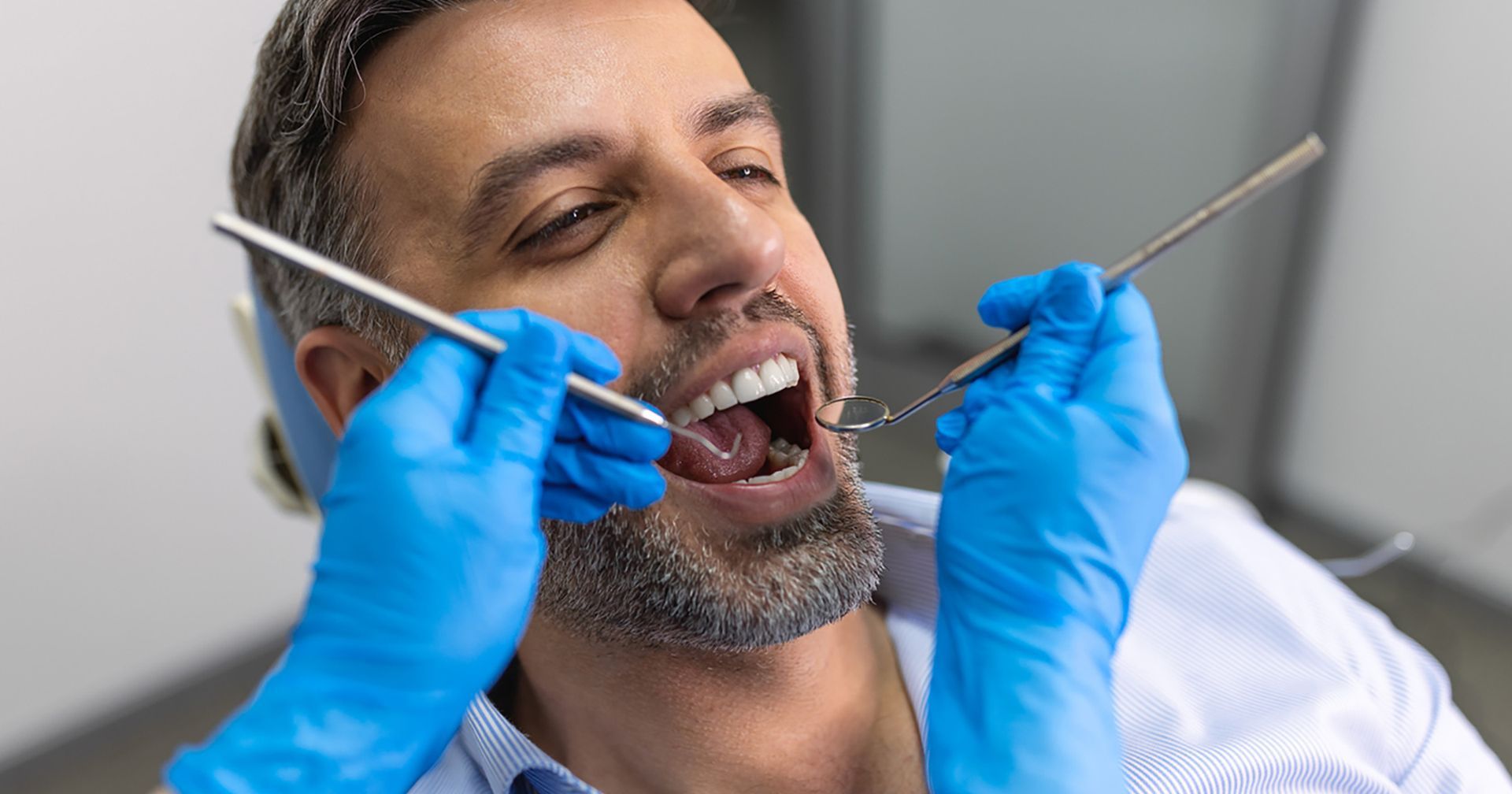Not sure if you need a root canal? Experiencing tooth swelling or a deep cavity? Here are the symptoms, problems, and treatment options if you have an inflamed or infected pulp that results in a root canal.
, especially when you have a chipped or cracked tooth? It might indicate more than a simple toothache.
Root canals are more common than you think and can occur from a numerous amount of reasons, such as deep decay or a cracked tooth.
Any and all concerns regarding your dental health should be directed towards a dentist or an endodontist. It's crucial to find a reputable endodontist in your area. They will examine your mouth, take x-rays, and run some tests to see if your tooth is a good candidate for endodontic treatment.
If you are told that the root canal option is the best route for you, don't fret quite yet. Endodontic treatment has evolved, and you don't have to worry about a loud and painful procedure anymore.
What Is a Root Canal?
A root canal is an endodontic dental treatment done to remove the inflamed and infected pulp from the tooth.
Quick anatomy lesson. The hard white outer part of the teeth, enamel, protects the dentin layer. Under the dentin layer is the pulp which contains nerves and blood vessels.
During a root canal procedure, the damaged or cracked tooth is examined, the pulp is removed, the root canal is cleaned, and the tooth is sealed with a crown to prevent root canal infections and further damage.
A root canal treatment may help save your tooth, and your endodontist will let you know if it's the best option for you.
If the tooth is too far gone, due to deep decay or gum disease, you may have to get the tooth extracted. That's why it is essential that you go to the dentist regularly and pay attention to any signs that you have an infected tooth. You don't want the infection to spread and cause further damage to your tooth and the rest of your mouth.
Signs You May Need a Root Canal
Don't be afraid. Root canals aren't the grueling dental procedures they were once made out to be. New equipment and technology, along with refined methods, have made the endodontic treatment process painless and straightforward.
It's crucial to recognize the signs of needing endodontic surgery. Neglecting a damaged tooth could result in an infection that might spread, leading to more dental procedures.
What are the signs of a root canal? Read on to find out.
Mouth and Tooth Pain
Pain is a telltale sign of a potential dental pulp issue or gum disease. There are specific pain types indicating you might need root canal treatment.
You may get a spontaneous pain that comes over you like a wave, or positional pain. Positional pain is when you experience more pain in certain positions, like leaning forward.
The pain can feel throbbing, heavy, or sharp. You can feel it in your gums, your affected tooth, or your whole mouth can even be in pain.
Sensitivity to Hot and Cold
If you're experiencing prolonged sensitivity after a hot or cold drink, it might be a sign that you need root canal therapy.
Dark, Tender, and Swollen Gums
Do you have swollen, dark, and tender to the touch gums? An endodontic treatment may be appropriate.
If your gums are tender without the tough, you may have root canal pain. Make sure to mention tender gums to your dentist.
Your dentist will be able to see dark and swollen gums. The darkening of the gums is a sign that they are decayed. It is a good indication that your tooth is dying or infected.
Broken Tooth
A cracked or a chipped tooth can be a sign that a root canal is needed.
Did you fall or have other trauma to your mouth causing a broken tooth? The damaged pulp may have to be removed in order for the tooth to remain.
If you didn't have trauma to your teeth, but still have a cracked or chipped tooth you may still need a root canal. The damaged tooth could be a sign of tooth decay or infection which would need to be treated as soon as possible.
Your dentist should be able to clearly see any damaged tooth but make sure to point it out and explain how it feels to your dentist.
Fistula
You may have a pimple-like bump on your gum line. These are called fistulas and they are a sign of an underlying root canal infection.
An infected tooth needs a root canal to clean out the pulp from the tooth. If the infection stays, it can spread to other teeth.
Root Canal Treatment
You may be asking, does it hurt?
There will be some slight pressure during the procedure, but thanks to analgesics, you shouldn't feel any pain during the root canal. You shouldn't even feel the first dreaded needle!
What happens during the treatment? The dentist or endodontist will drill a small hole into your tooth to conduct the endodontic surgery.
They will then clean out the infected pulp and the nerve in the tooth. When the nerve is gone, the tooth is considered dead .
The dentist will clean and shape the inside of the canal, and then fill it and top it with a crown to protect it.
After treatment, you'll need to continue brushing and flossing regularly. You'll likely experience some soreness for a few days after the dental procedure. If you have pain lasting weeks after, contact your dentist again to make sure that the first root canal was successful, and that everything is healing alright.
Do I Need a Root Canal?
Think you may need a root canal treatment? The final say is up to your dentist, so schedule your regular appointment and have your dental health checked out.
If you think you may need a root canal, don't hesitate to seek medical help. We can save your tooth!
Contact the experts today at Smile Savers Dentistry.




















